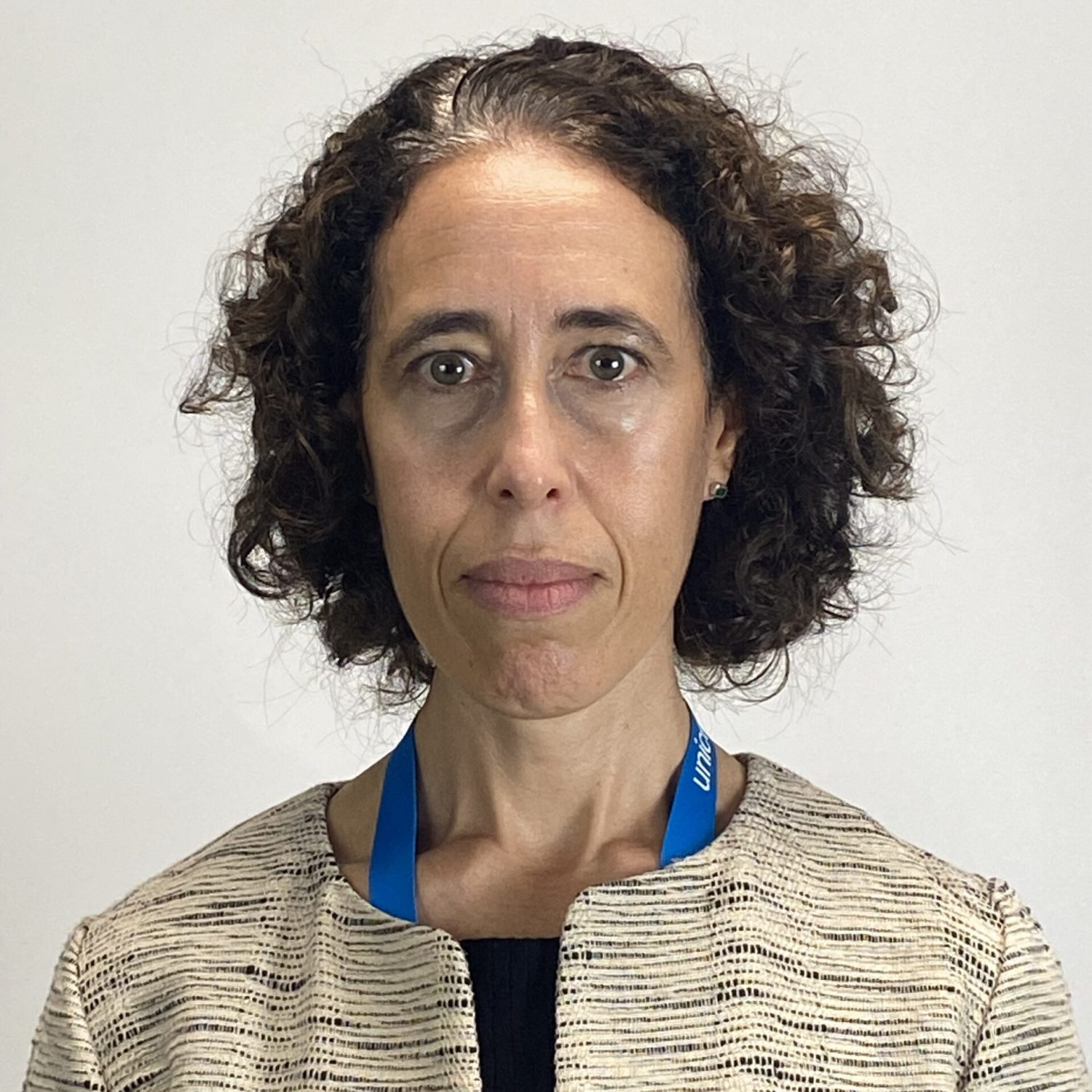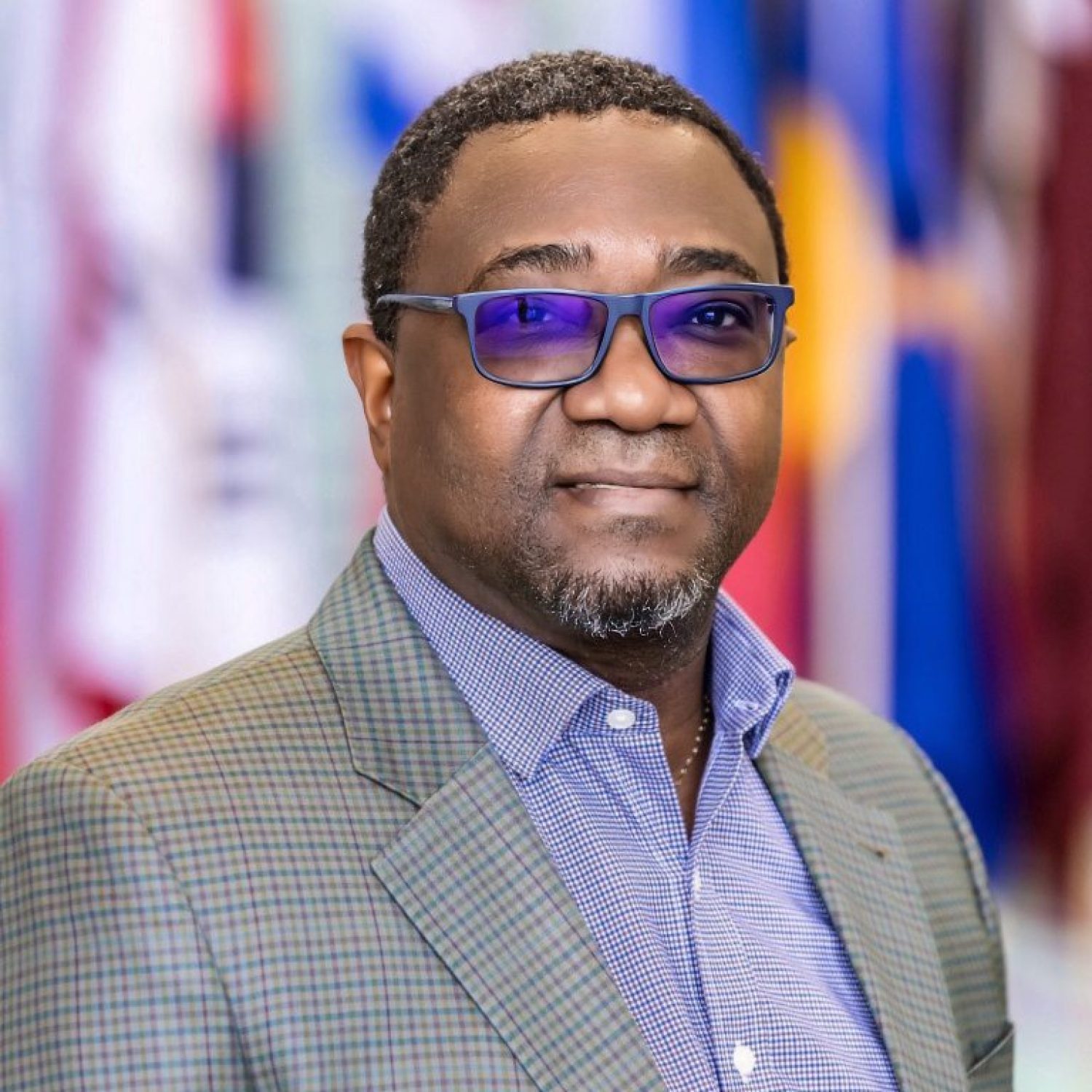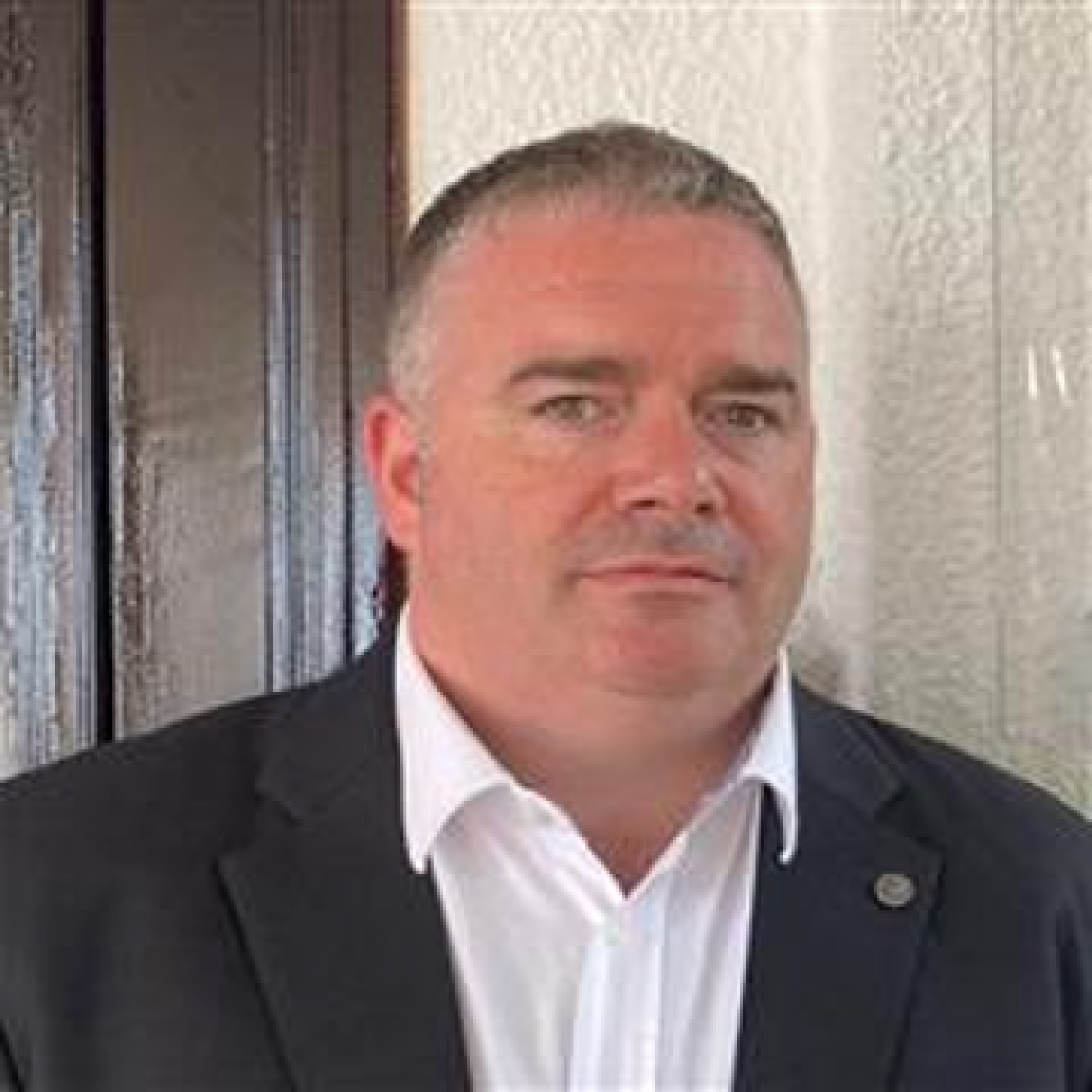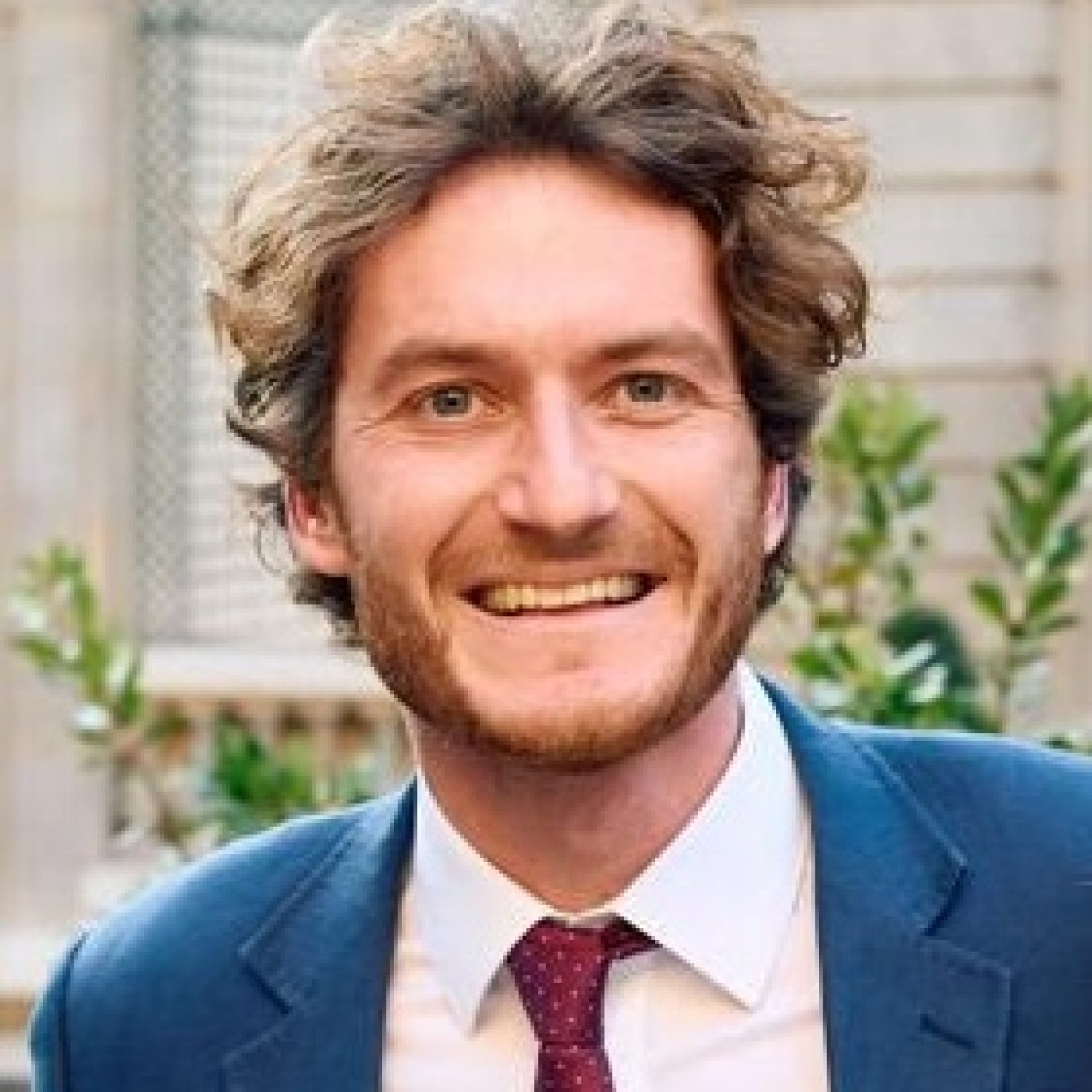
Workshop 4: Best Practices in Investigations: Remote Investigations (Interviews and Evidence Management)
Workshop 4 aims to explore advanced and emerging approaches for conducting secure, credible, and ethical remote investigations. Introduce innovative tools, adaptive protocols, and cross-jurisdictional practices to strengthen virtual interviewing, digital evidence handling, and remote workflow management while anticipating future investigative trends.

Magdalena Zold (UNICEF)
Magdalena Zold is Deputy Director for Investigations at UNICEF’s Office of Internal Audit and Investigations. She previously was a Senior Investigator at the World Bank’s Integrity Vice Presidency, where she led the Regional Team for Latin America and the Caribbean. Prior to joining the World Bank she worked as an Investigator at the Argentine Anticorruption Office and practiced criminal law in Argentina. Magdalen Zold received an LLM from Columbia University and her JD from Universidad de Buenos Aires in Argentina.

Yves Robert Onana (AfDB)
Yves Robert ONANA is the Division Manager for Investigations at the African Development Bank Group, where he oversees responses to allegations of fraud, corruption, collusion, coercion, obstruction, and staff misconduct in Bank-financed operations. He brings over 20 years of experience in integrity, compliance, and investigations, having previously served as Chief Investigator for staff misconduct at the AfDB and in senior roles with multinational companies across Africa and the Indian Ocean region. A graduate of Université Paris 1 Panthéon-Sorbonne, IAE Paris, and the University of Douala, Yves is also a Certified Fraud Examiner with advanced credentials in ethics and investigations.

Rody Butler (INTERPOL)
Mr. Rody Butler is currently the Coordinator of Internal Investigations within the Office of Internal Oversight in INTERPOL, based at the INTERPOL General Secretariat, in Lyon France. Rody has been with INTERPOL since July 2023, previously he held the position of Senior Investigating Officer (SIO) in the Garda Síochána Ombudsman Commission (GSOC), Irelands Police Oversight Body. Rody has 27 years of combined criminal, disciplinary and administrative investigation experience in both a national and in an international setting, providing Police training in Ireland, with the College of Policing in the United Kingdom and in Kosovo. Rody has also worked internationally over several years with the United Nations in various duty stations, with NATO, the OSCE, the Council of Europe and with various other NGO’s. Rody is a former board member of the Network of European Integrity and Whistleblowing Authorities (NEIWA).

Benoit Doublet (IFAD)
A member of the Paris and New York Bars and founder of the firm Drakensberg, Benoit currently serves as a consultant for the Office of Audit and Oversight (Investigation Section) at the International Fund for Agricultural Development (IFAD).
Over the course of his career, Benoit has worked as an integrity compliance counsel and investigator at both national and international levels, working successively for Laurent Cohen-Tanugi Avocats (a boutique international law firm), the French National Financial Prosecutor’s Office (Parquet National Financier), the World Bank’s Integrity Vice Presidency (INT), and IFAD, where he recently served as an Investigation Officer.
Benoit has extensive experience on the African continent, having served as IFAD’s investigation focal point for West and Central Africa, and having worked on fact-finding missions and development projects in more than ten African countries over the past eleven years.
A graduate of HEC Paris, Sciences Po Paris, Paris 1 Panthéon-Sorbonne University, and Berkeley Law School, Benoit is also a certified trainee in intelligence and interrogation techniques from the French National Training Center for Judicial Police.

